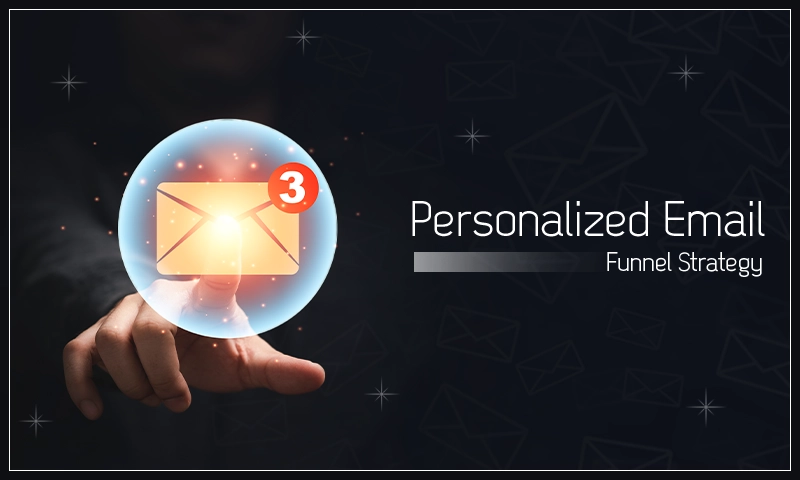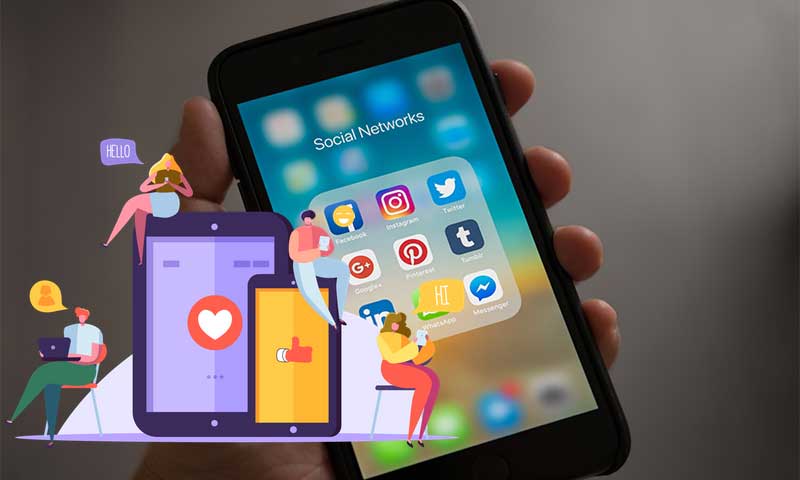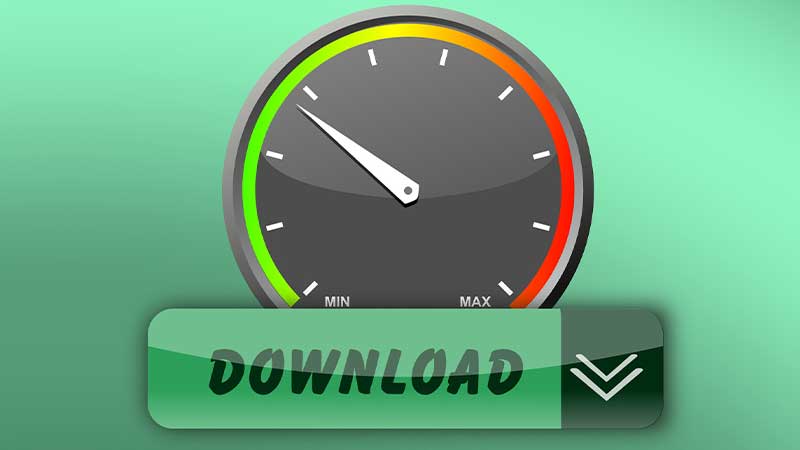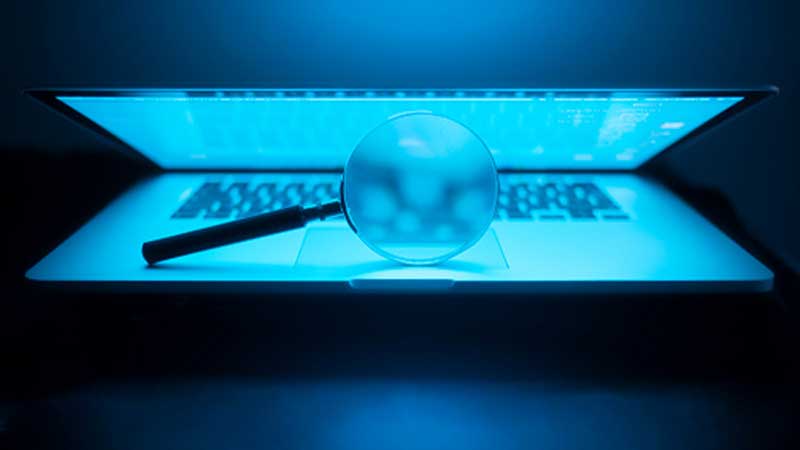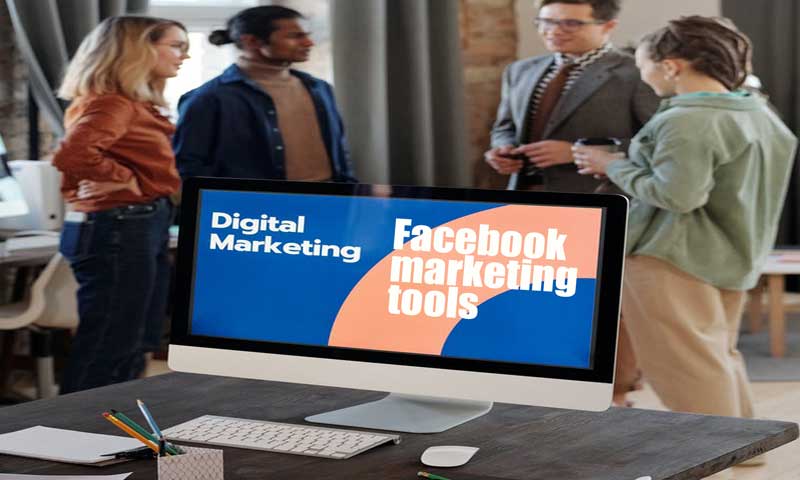Things that should never go in your Email
Possessing email etiquettes is a fine art, and indeed an important one to have, given that on average, Americans check their work mailbox for at least three hours every day and personal emails for about two hours a day. Since many people are engaging in remote working today, we can safely assume that more emails are sent now than the count sent usually.
So, while you write your emails, beware. If you write an email with poor judgment to your client, boss, or even co-worker, you create a digital record of a mistake that might come back at you anytime in the future. You may underestimate this mistake, but an email is one permanent document that the recipient can hold against you anytime in the future.
One more reason why the stake is high is that emails are capable of forwards. So, the recipient can send your mail to anyone in the world. What’s worse? They can be posted online, too, for the entire world to see.
Of course, typos are one thing; there are a few egregious mistakes that a lot of people make while writing emails. To tell you the truth, these are the mistakes that should never make their way to your work emails.
Here, we are mentioning a few of them.
‘Obviously’
The use of the word ‘obviously’ in an email automatically makes you look condescending, says Martha, an educator who offers English assignment help services to college and university students. Think of it like, if something was indeed so obvious, why are you even sending that email?
Emojis
If you do not work in a super-cool company, you will never use frowns, smiley faces, and other emoticons. They are just lousy email etiquettes. It is a professional email and not your text message. So, could you keep it clean?
All lowercase caps
Writing a professional email demands some polish. So, using just lowercase or bad grammar is a strict NO.
‘Makes sense?’
It may seem like a harmless question, but it truly makes you look patronizing, says Davis, who works as an educator with TrumpLearning. As you are addressing complex issues in your email, you can soften your tone a bit and write, ‘If there are any queries, we can take it over the phone.”
ALL CAPS
Why do you think people use all caps in their writing? Well, typically, when they are angry at something. Do you feel that the person reading your mail would want you to yell at them like this? Please know that emails, which have phrases or sentences in all caps, are indeed a digital equivalent of frowning at the recipient.
Jokes
Unless you are writing to your friends, you cannot show-off your sense of humor in an email. Humor, in particular, sarcasm, is a strict NO.
‘LOL’
Sanya, an associate with EssayWriter4U, shares that she receives so many emails every day from college students seeking assignment help with LOL written in them. You know what, regardless of the purpose of the email, if it is about any professional query or relates to a transaction of some product or service, keep the acronyms away from emails.
So, TTYL, LOL, LOFL, LMK, TBT are all a BIG no. These acronyms may look good in texts but not in your emails that you write to your clients. Of course, if you are writing an email to your friend or a classmate, you can use anything you want.
‘I Quit.’
Notably, in this case, your email etiquette is a reflection of your office etiquette. A few subjects need prior in-person communication before putting them on email, and your resignation is indeed one of them.
Your formal email for resignation must always reach HR only after you have had an in-person communication with your boss. It should also mention the date of employment.
‘Cheers’
Cheers is much like an informal sign-off. So, just like the informal salutation, even this needs to be kept away from your email. You can replace it with formal sign-offs, such as ‘All the Best,’ ‘With Warm Regards,’ ‘Best Regards,’ etc.
Informal salutations
Raina, who works with an assignment help company, says that a formal email demands a formal salutation. The salutation you use has a significant impact on how the reader perceives your emails. So, avoid informal salutations, such as ‘Hey,’ ‘Hi there,’ they are both too casual. You can instead opt for ‘Hello’ or ‘Dear Mr./Mrs. ABC’
If you are responding to an email, you can follow the sender’s lead. So, if the other person has written ‘Hello Danny,’ you can go ahead and mirror their greeting.
Gossip
Let us say there is no bigger workplace sin than gossiping about your co-workers to your co-workers. It can deteriorate your relationship and also tarnish your reputation. Regardless of this, many people still go ahead and make this unforgivable mistake of spreading rumors via a digital medium, such as Email or Gchat, or Slack. It can bite you back anytime, so keep away from it.
Share




